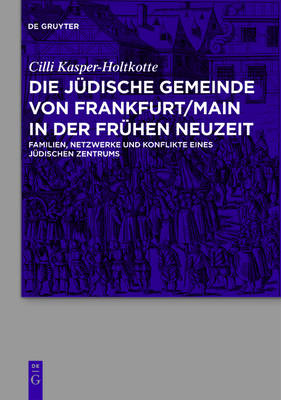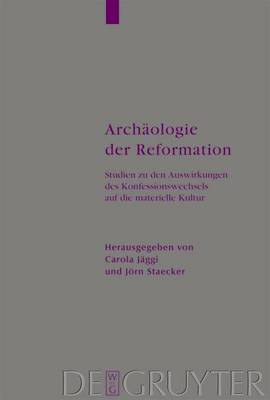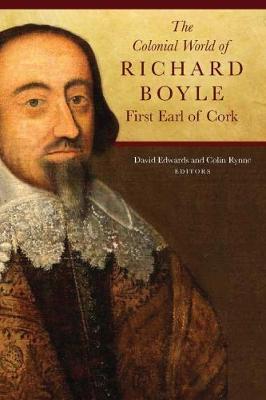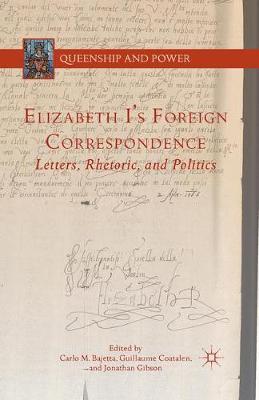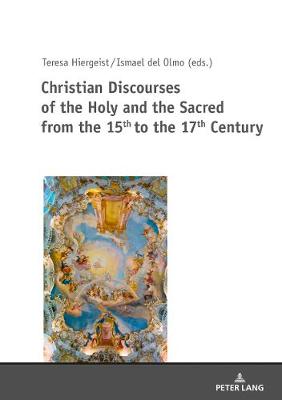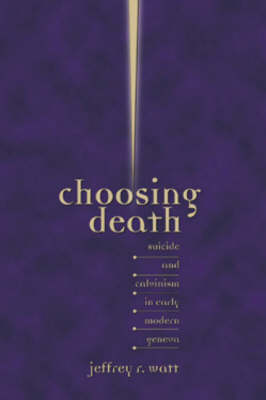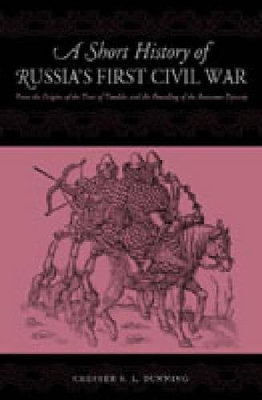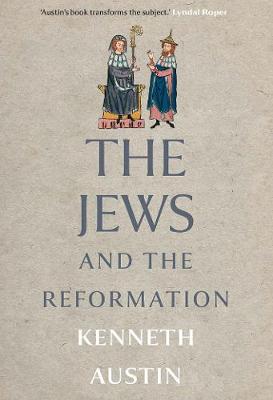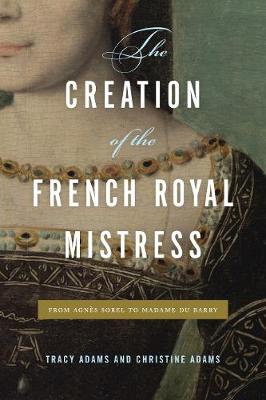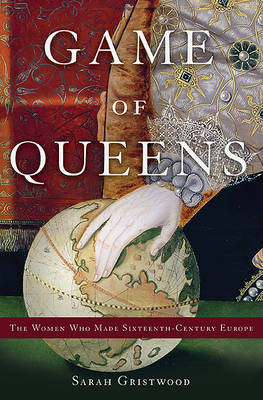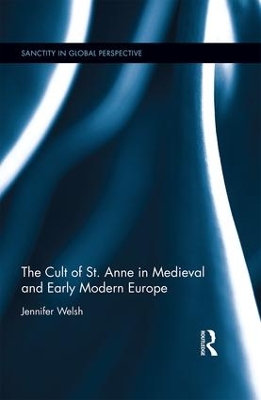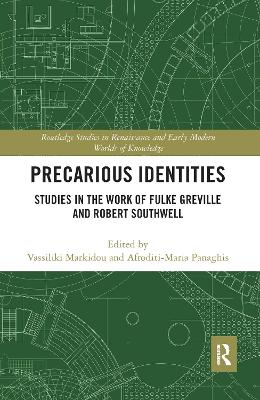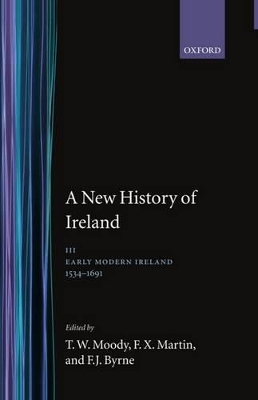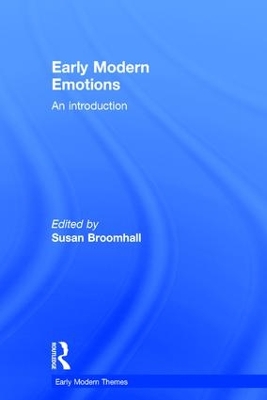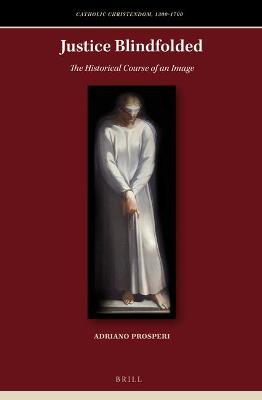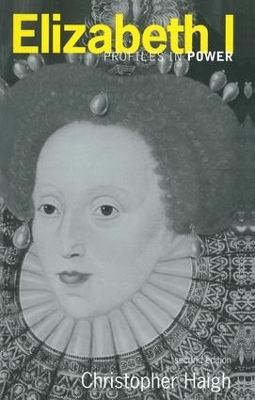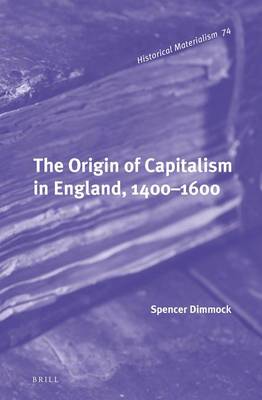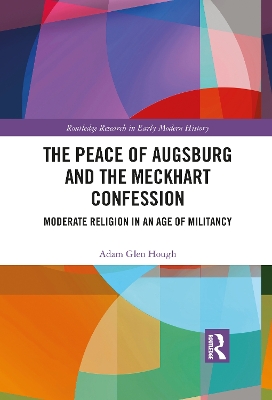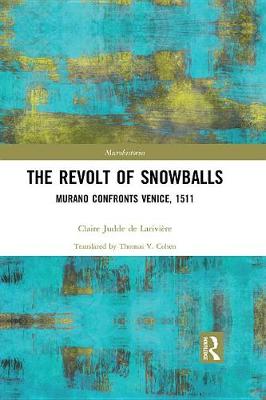(sud-)Baden Nach 1945. Eine Neue Kulturpolitik (Werkhefte Der Staatlichen Archivverwaltung Baden-Wurttemberg, #14)
Die Judische Gemeinde Von Frankfurt/Main in Der Fruhen Neuzeit
by Cilli Kasper-Holtkotte
The Colonial World of Richard Boyle
Though Elizabeth I never left England, she wrote extensively to correspondents abroad, and these letters were of central importance to the politics of the period. This volume presents the findings of a major international research project on this correspondence, including newly edited translations of 15 of Elizabeth's letters in foreign languages.
Christian Discourses of the Holy and the Sacred from the 15th to the 17th Century
The chapters reconstruct the values, norms, experiences, material manifestations, and power structures underlying the understandings of the holy and the sacred in early modern Christian contexts. They intend to gain a characteristic profile of the associated concepts and ideas, persons and social groups, objects and texts, times and spaces, and behaviours and performances, in order to provide insights into the identities and hegemonic structures developed around them. They trace the interdepende...
Choosing Death (Sixteenth Century Essays and Studies, #58)
by Jeffrey R. Watt
Upon publication in 2001, Russia's First Civil War by Chester Dunning was greeted by scholars as a "historical tour de force," the first major post-Marxist reassessment of the Time of Troubles. Now available in an abridged paperback, A Short History of Russia's First Civil War is ideally suited for classroom use.
The first comprehensive account of Protestant and Catholic attitudes toward Jews and Judaism in the European Reformation "Austin’s examination of Christian attitudes to Jews during the Reformation throws fascinating new light on the turbulent history of early modern Europe."—Tony Barber, Financial Times "Best Books of 2020: History" In this rich, wide-ranging, and meticulously researched account, Kenneth Austin examines the attitudes of various Christian groups in the Protestant and Catholic...
The Creation of the French Royal Mistress
by Tracy Adams and Christine Adams
Kings throughout medieval and early modern Europe had extraconjugal sexual partners. Only in France, however, did the royal mistress become a quasi-institutionalized political position. This study explores the emergence and development of the position of French royal mistress through detailed portraits of nine of its most significant incumbents: Agnes Sorel, Anne de Pisseleu d'Heilly, Diane de Poitiers, Gabrielle d'Estrees, Francoise Louise de La Baume Le Blanc, Francoise Athenais de Rochechouar...
Sixteenth-century Europe saw an explosion of female rule--whether they were on the throne or behind the scenes, women held unprecedented power for more than a hundred years. From Isabella of Castile, her daughter Katherine of Aragon, and her granddaughter Mary Tudor, to Catherine de Medici, Anne Boleyn, and Elizabeth Tudor, these women wielded enormous power over their territories, shaping the course of European history for over a century. Isabella of Castile, armor-clad, followed her soldiers...
Sacred Music as Public Image for Holy Roman Emperor Ferdinand III (Catholic Christendom)
by Andrew H Weaver, Dr
The Cult of St. Anne in Medieval and Early Modern Europe (Sanctity in Global Perspective)
by Jennifer Welsh
Dr Jennifer Welsh received her M.A. in Medieval Studies from Cornell University in 2000, and her M.A. and PhD in History from Duke University in 2004 and 2009. Her dissertation dealt with the cult of St. Anne in late medieval and early modern Europe. After four years as a Visiting Assistant Professor at the College of Charleston in Charleston, SC, she started working as an Assistant Professor in the Department of History at Lindenwood-University Belleville in Belleville, IL in August of 2014. Th...
Precarious Identities (Routledge Studies in Renaissance and Early Modern Worlds of Knowledge)
This book investigates the construction of identity and the precarity of the self in the work of the Calvinist Fulke Greville (1554–1628) and the Jesuit Robert Southwell (1561–1595). For the first time, a collection of original essays unites them with the aim to explore their literary production. The essays collected here define these authors’ efforts to forge themselves as literary, religious, and political subjects amid a shifting politico-religious landscape. They highlight the authors’ criti...
Court Festivals of the Holy Roman Empire, 1555-1619 (European Festival Studies: 1450-1700)
by R. L. Morris
The Earl of Essex and Late Elizabethan Political Culture (Oxford Historical Monographs)
by Alexandra Gajda
In sixteenth-century England Robert Devereux, 2nd earl of Essex, enjoyed great domestic and international renown as a favourite of Elizabeth I. He was a soldier and a statesman of exceptionally powerful ambition. After his disastrous uprising in 1601 Essex fell from the heights of fame and favour, and ended his life as a traitor on the scaffold. This interdisciplinary account of the political culture of late Elizabethan England explores the ideological contexts of Essex's extraordinary career a...
Volume III: Early Modern Ireland 1534-1691 (New History of Ireland, #3)
BL Reissued with a comprehensive and up-to-date bibliographical supplement Planned and established by the late T. W. Moody, A New History of Ireland is a harvesting of modern scholarship on Irish history from the earliest times to the present. There will be ten volumes, six of which have been published to date. The third volume opens with a character study of early modern Ireland and a panoramic survey of Ireland in 1534, followed by twelve chapters of narrative history. There are further chap...
Early Modern Emotions (Early Modern Themes)
Early Modern Emotions is a student-friendly introduction to the concepts, approaches and sources used to study emotions in early modern Europe, and to the perspectives that analysis of the history of emotions can offer early modern studies more broadly. The volume is divided into four sections that guide students through the key processes and practices employed in current research on the history of emotions. The first explains how key terms and concepts in the study of emotions relate to early...
Justice Blindfolded (Catholic Christendom, 1300-1700, #9)
by Adriano Prosperi
Justice Blindfolded gives an overview of the history of "justice" and its iconography through the centuries. Justice has been portrayed as a woman with scales, or holding a sword, or, since the fifteenth century, with her eyes bandaged. This last symbol contains the idea that justice is both impartial and blind, reminding indirectly of the bandaged Christ on the cross, a central figure in the Christian idea of fairness and forgiveness. In this rich and imaginative journey through history and ph...
The reign of Elizabeth I was one of the most important periods of expansion and growth in British history, the so-called 'Golden Age'. This celebrated and influential study of Elizabeth reconsiders how she achieved this and the ways in which she exercised her power.
The Origin of Capitalism in England, 1400 1600 (Historical Materialism Book, #74)
by Spencer Dimmock
Incorporating original archival research and a series of critiques of recent accounts of economic development in pre-modern England, in The Origin of Capitalism in England, 1400-1600, Spencer Dimmock has produced a challenging and multi-layered account of a historical rupture in English feudal society which led to the first sustained transition to agrarian capitalism and consequent industrial revolution. Genuinely integrating political, social and economic themes, Spencer Dimmock views capital...
Taking the religiously diverse city of Augsburg as its focus, this book explores the underappreciated role of local clergy in mediating and interpreting the Peace of Augsburg in the decades following its 1555 enactment, focusing on the efforts of the preacher Johann Meckhart and his heirs in blunting the cultural impact of confessional religion. It argues that the real drama of confessionalization was not simply that which played out between princes and theologians, or even, for that matter, bet...
The Revolt of Snowballs unpicks a rare and turbulent event which occurred in 1511 and investigates the meaning behind it. On January 27, 1511, the island of Murano was the scene of an exceptional event during which the representative of Venice, exercising power in the island on behalf of the Serenissima, was hunted by the inhabitants under a shower of snowballs and the sound of a hostile clamour. This book uses microhistory techniques to examine the trial records of the incident and explores the...

